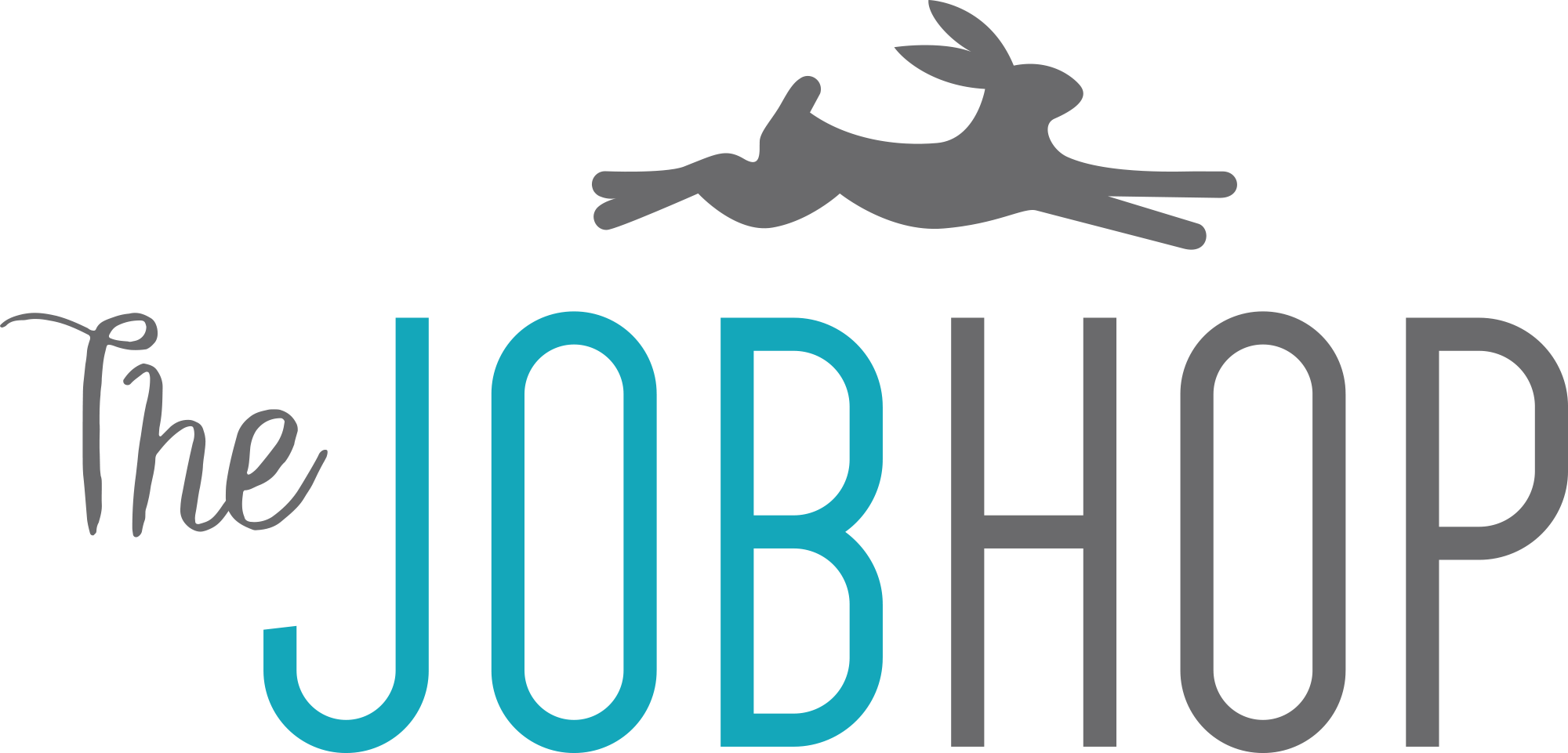The Best Sites for Job Seekers in 2017 (Reviews.com Did All the Research So You Don't Have to)
I spend the majority of my working hours immersed in job search strategy. As a recruiter and career advisor, I know that looking for a new opportunity (let alone scoring an interview or actually landing a job) can be an arduous process. While having a top notch resume, a standout LinkedIn profile and dazzling interview skills are all crucial elements of a winning job search strategy, but first you have to find opportunities to apply to. Where to begin?
Reviews.com did a deep dive into the world of job boards, networking sites, and aggregators, looking at everything from usability and sorting features to algorithm accuracy, e-mail alerts, and new post frequency. You can check out the full report here. I've also highlighted my favorite takeaways below.
1) The Freshness Factor
I've said it before, and I'll say it again and again. Don't spend too much time applying to stale job postings. If you're submitting an application for a job that's been up for three weeks, you've probably already missed out. Recruiters typically see a massive (and at times overwhelming) influx of applications within the first 48 hours of posting a new job. Chances are, they're going to be reaching out to top candidates from that group and largely ignoring any later applicants.
If you find an older posting that you absolutely have to apply for, try tracking down the recruiter or hiring manager on LinkedIn and reaching out to them directly to introduce yourself and ask whether or not the opportunity is still available. While you're at it, remember to highlight a few reasons why you'd be perfect for the role.
2) Not all Aggregators are Created Equal
Pay attention to where these job postings link back to. The sites that take you right to the company's application page or allow you to apply directly via the posting are going to be your best bet. Some aggregators collect postings from across the internet with little or no regard for the original source. Have you ever gotten the feeling that you just sent your resume off into a black hole, never to be seen again? You were probably using one of these aggregators. If you think you've come across an awesome opportunity on a sub-par aggregator, try tracking down the original source, first.
3) Super Tuesdays
Reviews.com found that most new postings went live on Tuesdays. Looking for a new job can be time-consuming, so I tell all of my clients to block out time throughout the week to browse postings and reach out to prospective employers. It sounds like Tuesdays are going to be mandatory job search days from now on!
4) Networking and Relationships Still Reign Supreme
Job boards are great resources and can provide helpful insight into the job market. That said, building relationships with the people who work at a company you're interested in - whether that's with an employee, recruiter, hiring manager, or CEO - that's most important. Try thinking of the job postings you find as a piece of your job search puzzle. You now know the company is hiring and the traits and skills they're looking for - now you need to find a way to make a connection with a real live human who can get you in the door. Submitting an application through a job board is a start, but don't stop there.
5) The Resume
In a 2012 study conducted by Ladders.com, researchers found that the vast majority of recruiters scanned resumes for a handful of key items (job titles, company names, education, and tenure) before deciding whether or not to keep reading. Before you get frustrated or discouraged, let me explain: scanning a resume for relevant job titles and past employers is fast, efficient way to assess whether an applicant has relevant experience. For example, if I'm looking to hire a Marketing Manager for a tech company and I come across a candidate who recently worked as a Senior Marketing Coordinator at Google, chances are she's going to have a good amount of relevant experience. Conversely, if I receive a resume for a candidate who's only worked in the non-profit space and doesn't have any marketing-related job titles on his resume, I probably won't find the type of experience I'm looking for if I keep reading.
Admittedly, I'm over-generalizing for the sake of simplicity, but you get the idea. If your resume isn't customized to highlight your most relevant experience, you probably aren't going to get a lot of traction by applying through traditional job boards. If you're looking to make a career pivot, networking is going to play a crucial role in your search.
Like job seekers, not all job boards are created equal. The site that your work BFF found her new job through may not be the right fit for you. Spend some time testing out a few prospects and pay attention to which ones yield the best results and build your strategy from there.
Need help developing a winning job search strategy or a killer resume? Check out The Job Hop's Job Search Strategy Guide or Resume Content Builder.

